The Roach- 5 min read
(The summary if you just want the quick details, Skip ahead to see "The Weekly Dab " below with full details)
THC Percentages: The Truth About What Makes a Great High
Introduction
When shopping for cannabis, you’ll often see a big number on the package: the THC percentage. For years, people have used this number as the main way to judge how “strong” or “good” a product is. But does that number really tell the whole story? And what actually determines whether you have a great experience with cannabis?
The Quick-Read Section: What You Need to Know Fast
-
THC percentage isn’t everything: Just because a product has a high THC percentage doesn’t mean it will give you a better or stronger high.
-
The “entourage effect” matters more: The way cannabinoids (like THC and CBD) and terpenes (the compounds that give cannabis its smell and flavor) work together is what really shapes your experience.
-
Quality is about more than numbers: How cannabis is grown, harvested, cured, and stored has a huge impact on how it makes you feel.
-
Everyone is different: Your body, tolerance, and even your mood can change how cannabis affects you.
-
Look for more than just THC: Check out the terpene profile, lab test results, and how the product looks and smells.
Why THC Percentage Isn’t the Whole Story
Many people assume that a higher THC percentage means a stronger or better high. But research from places like the University of Colorado and Johns Hopkins University shows that this isn’t true. In fact, once THC levels reach about 20%, there’s little difference in how “high” people feel, even if the THC content goes much higher.
What’s actually happening is that your body’s endocannabinoid system responds to the whole plant, not just THC. This is called the “entourage effect.” When THC, CBD, and terpenes work together, they create a unique experience that can’t be predicted by THC alone.
What Really Determines a Great High?
-
Terpenes: These are the aromatic oils in cannabis that give each strain its unique smell and flavor. They also play a big role in how cannabis affects your mood and body.
-
Cultivation and Processing: How cannabis is grown, harvested, and stored makes a huge difference. High-quality brands pay close attention to these details to preserve all the good stuff in the plant.
-
Your Body and Tolerance: Everyone reacts to cannabis differently. What works for one person might not work for another.
-
Consumption Method: Smoking, vaping, or eating cannabis can all produce different effects, regardless of THC percentage.
710 Labs: A Shining Example (But Not the Only One)
I used 710 Labs as an example because they are known for their high standards and focus on quality over just THC percentage. They select the best plants, use careful growing and extraction methods, and pay close attention to terpenes and overall experience. But 710 Labs is just one of many brands with these high standards. There are plenty of other California-based (and beyond) brands that are just as committed to quality, craftsmanship, and delivering a great experience.
Practical Tips for Consumers
-
Don’t judge by THC alone: Look for products with a good terpene profile and strong reviews.
-
Check lab results: Make sure the product has been tested for safety and quality.
-
Try different brands and strains: Everyone’s tastes and reactions are different, so experiment to find what works best for you.
-
Ask questions: Good dispensaries and brands are happy to explain their processes and help you find the right product.
Final Thoughts
THC percentage is just one small part of the cannabis experience. What really matters is the quality of the plant, the care taken in growing and processing it, and how all the compounds in cannabis work together. Whether you prefer 710 Labs or another top brand, the key is to look beyond the numbers and focus on the whole experience.
The Weekly Dab
(The extended Blog- for those who want to learn more!)
THC Percentages: The Cannabis Industry's Biggest Misconception
The cannabis industry has long been dominated by a single number that appears on every product label: the THC percentage[1][2][3]. For years, consumers have used this figure as the primary indicator of quality and potency, with many dispensaries organizing their products from lowest to highest THC content[4][5]. However, groundbreaking research from institutions like the University of Colorado and Johns Hopkins University reveals a surprising truth: THC percentage has remarkably little correlation with the actual quality or intensity of the cannabis experience[1][2][6].
This comprehensive examination explores the complex science behind cannabis effects, debunks common misconceptions about THC potency, and reveals what truly determines an exceptional cannabis experience. Using premium California brands like 710 Labs as our guiding example, we'll uncover why the industry's most sophisticated producers have moved far beyond the THC percentage game to focus on what really matters for consumers seeking the finest cannabis experiences.
The Science That Shattered the THC Myth
Research Reveals Diminishing Returns
A landmark 2020 study published in JAMA Psychiatry fundamentally challenged the cannabis industry's obsession with THC percentages[6]. Researchers from the University of Colorado Boulder conducted controlled experiments comparing the effects of cannabis flower containing 16-24% THC against high-potency concentrates containing 70-90% THC[6]. The results were shocking: despite dramatically different THC blood levels, participants experienced remarkably similar levels of impairment[6].
The Relationship Between THC Percentage and Perceived Effects
Lead researcher Cinnamon Bidwell noted, "Surprisingly, we found that potency did not track with intoxication levels. While we saw striking differences in blood levels between the two groups, they were similarly impaired"[6]. This research demonstrates that the relationship between THC percentage and perceived effects plateaus around 20% THC, with diminishing returns beyond that point[1][2].
The Endocannabinoid System's Complex Response
Understanding why THC percentage fails as a quality indicator requires examining how cannabis interacts with the human endocannabinoid system[7][8][9]. The endocannabinoid system contains CB1 receptors primarily located in the central nervous system and CB2 receptors found throughout the peripheral nervous system and immune cells[7][10]. When THC binds to these receptors, it doesn't act alone – hundreds of other compounds in cannabis modulate and influence its effects[11][12].
Dr. Ryan Vandrey from Johns Hopkins University's Cannabis Science Lab explains that the industry's focus on isolated THC percentages ignores the fundamental complexity of how cannabis works in the human body[13]. The endocannabinoid system processes cannabis as a complete chemical symphony, not as individual instruments playing solo[11][14].
What Actually Determines a Quality Cannabis Experience
The Entourage Effect: Cannabis Chemistry in Harmony
The entourage effect represents one of the most important concepts in modern cannabis science[11][15][14]. This phenomenon describes how cannabinoids, terpenes, and other plant compounds work synergistically to create effects that exceed the sum of their individual parts[11][16]. Research published in Biochemical Pharmacology found that certain terpenes can enhance THC's effects by up to 50% when present in botanically relevant ratios[14].
Factors That Determine Cannabis Quality and Experience
Premium brands like 710 Labs have built their entire philosophy around this scientific understanding[12][17]. As stated on their website, "Research has shown that your high is dictated by hundreds of different cannabinoids and terpenes interacting with your endocannabinoid system"[12]. This approach explains why their products consistently deliver exceptional experiences despite not always having the highest THC percentages[18][19].
Terpenes: The Unsung Heroes of Cannabis Quality
Terpenes, the aromatic compounds responsible for cannabis's distinctive scents and flavors, play a crucial role in determining effects[20][15][21]. These organic molecules don't just provide sensory appeal – they actively modify how THC and other cannabinoids interact with the brain[22][23][24]. Alec Dixon from SC Labs, which tests cannabis for major competitions like the Emerald Cup, confirms that "high terpene content is a strong indicator of quality"[25].
The Complex Interaction of Cannabis Compounds
The most important terpenes in cannabis include myrcene (promoting relaxation and sedation), limonene (enhancing mood and reducing anxiety), pinene (improving alertness and focus), linalool (providing calming effects), and caryophyllene (offering anti-inflammatory properties)[24][16]. Premium cultivators select and breed strains specifically for their terpene profiles, understanding that these compounds often matter more than raw THC content[26][25].
Cultivation and Processing: Where Quality Really Begins
The methods used to grow, harvest, cure, and process cannabis dramatically impact the final product's quality and effects[27][28][29]. 710 Labs exemplifies this approach through their commitment to organic cultivation practices, living soil systems, and sustainable farming methods[17][30][31]. Their Colorado facility features state-of-the-art fertigation systems, controlled environmental conditions, and specialized curing rooms designed to preserve the full spectrum of cannabis compounds[30].
Brad Melshenker, founder of 710 Labs, emphasizes that their selection process focuses on resin quality and flavor rather than yield or THC percentage[32]. The company grows thousands of plants from seed and selects less than 1% for their final production, choosing only those with exceptional terpene profiles and superior hash-making qualities[32]. This meticulous approach to cultivation explains why 710 Labs dominates California's concentrate market despite not chasing the highest THC numbers[33].
Public Perception Versus Scientific Reality
The Marketing Machine Behind THC Percentages
The cannabis industry's emphasis on THC percentages stems largely from marketing convenience rather than scientific validity[4][34][35]. Dispensary menus highlight percentages because they provide consumers with seemingly objective data for comparison, similar to alcohol content in beverages[35]. However, unlike alcohol where higher percentages reliably indicate stronger effects, cannabis operates through completely different pharmacological mechanisms[2][36].
Research from the University of Waterloo reveals that most consumers struggle to interpret THC numbers meaningfully[35]. When shown cannabis labeled 25% THC – near the upper limit of most flower products – less than one-third of participants correctly identified it as high potency[35]. This consumer confusion has created a market where products are priced and valued based on misleading metrics[4][34].
The Industry's Slow Awakening
Forward-thinking cannabis companies are beginning to educate consumers about the limitations of THC percentage as a quality indicator[4][34]. Cannabis Business Times reports growing industry recognition that "the THC space race will soon see its end, if not by the pens of regulators, then by the protests of honest producers"[34]. Companies focusing on terpene profiles, full-spectrum effects, and overall quality are gaining market share from those competing solely on THC numbers[37][5].
California's sophisticated cannabis market has witnessed this shift most dramatically, with brands like 710 Labs leading the charge toward quality-focused consumption[33][38]. Their success demonstrates that educated consumers increasingly value craft production methods, terpene preservation, and consistent experiences over raw THC percentages[19][17].
The 710 Labs Model: Quality Over Quantity
A Philosophy Built on Science
710 Labs has distinguished itself in California's competitive cannabis market by explicitly rejecting the THC percentage game[12]. Their website prominently features a section titled "Fallacies" that directly addresses the industry's misconceptions about THC percentages and strain classifications[12]. The company states unequivocally: "The very idea that THC % relates to the quality of your experience is a misconception. There is little to no correlation between the two"[12].
This science-based approach extends throughout their entire operation[17][30][31]. Rather than maximizing THC content, 710 Labs focuses on preserving the full spectrum of cannabis compounds through their solventless extraction methods[39][40]. Their "Persy" line represents cannabis that excels across all quality metrics – from cultivation and harvest to washing and pressing – regardless of yield or THC percentage[39].
Innovation in Cannabis Consumption
710 Labs' product tiering system illustrates how sophisticated cannabis companies evaluate quality beyond THC percentages[18]. Their Tier 1 products represent "the best expressions of each genetic, rich in terpenes and bursting with flavor," while lower tiers may still deliver excellent effects despite different flavor profiles[18]. This approach teaches consumers to consider multiple quality factors rather than fixating on a single number.
How Consumption Method Affects Cannabis Experience Timeline
The company's emphasis on consumption method education further demonstrates their holistic approach to cannabis quality[39][18]. They recognize that how cannabis is consumed – whether through smoking, vaping, dabbing, or edibles – can dramatically impact the experience regardless of THC content[41][42][43]. Their diverse product line accommodates different consumption preferences while maintaining consistent quality standards across all formats.
Factors That Actually Determine Cannabis Quality
Cultivation Excellence
Premium cannabis begins with exceptional cultivation practices that prioritize plant health and compound development over maximum yield[29][44][45]. The best growers understand that stressed plants produce inferior cannabinoid and terpene profiles, regardless of their genetic potential[25][29]. Proper nutrition, environmental control, and harvest timing all contribute more to final product quality than the plant's inherent THC-producing capacity[44][46].
710 Labs' cultivation philosophy exemplifies this approach through their use of living soil, organic inputs, and precise environmental controls[17][30][31]. Their facilities feature specialized HVAC systems that maintain optimal temperature and humidity for terpene preservation, while their fertigation systems deliver precise nutrition throughout the growth cycle[30]. These investments in cultivation infrastructure cost significantly more than simply selecting high-THC genetics, but they produce consistently superior results.
Processing and Preservation
The methods used to harvest, dry, cure, and process cannabis can either preserve or destroy the delicate compounds that create exceptional experiences[46][47]. Heat, light, oxygen, and time all degrade terpenes and cannabinoids, making proper storage and processing techniques crucial for maintaining quality[46]. Premium brands invest heavily in controlled environments and gentle processing methods that preserve the full spectrum of cannabis compounds.
710 Labs' solventless extraction methods exemplify this commitment to compound preservation[39][40][17]. By using only ice, water, and agitation to separate trichomes from plant material, they avoid the harsh chemicals and high temperatures that can degrade terpenes[39]. Their freeze-drying processes and specialized storage conditions further protect these delicate compounds from degradation[18].
Individual Biology and Tolerance
Personal factors play an enormous role in determining how cannabis affects each individual[48][49][50]. Tolerance development, genetic variations in endocannabinoid system function, body weight, metabolism, and prior cannabis experience all influence how someone responds to cannabis[49][51][50]. These individual differences mean that the "best" cannabis for one person may not be optimal for another, regardless of THC percentage.
Understanding tolerance mechanisms helps explain why experienced users often seek products with complex terpene profiles rather than simply higher THC content[51][50][52]. As CB1 receptors become less sensitive to THC through regular use, the modulatory effects of terpenes and minor cannabinoids become increasingly important for achieving desired effects[49][50]. Premium brands like 710 Labs cater to these sophisticated consumers by offering products with diverse and potent terpene profiles.
Practical Guidance for Cannabis Consumers
How to Evaluate Cannabis Quality
Educated cannabis consumers should evaluate products using multiple criteria rather than relying solely on THC percentages[44][45][53]. Visual inspection should reveal well-trimmed buds with vibrant colors, dense trichome coverage, and minimal stems or leaves[44][45]. Aroma provides crucial information about terpene content – high-quality cannabis should have pronounced, pleasant scents that indicate well-preserved essential oils[44][46].
Laboratory testing results offer valuable insights beyond THC content, including terpene profiles, minor cannabinoid levels, and safety screening for pesticides and contaminants[53][27][28]. Reputable brands provide comprehensive test results that allow consumers to make informed decisions based on complete chemical profiles rather than single data points[27][44].
Consumption Strategies for Optimal Experiences
The method of cannabis consumption significantly impacts the onset, intensity, and duration of effects, often more than THC percentage[41][42][43]. Smoking and vaping provide rapid onset but shorter duration, while edibles offer longer-lasting effects with delayed onset[43][54]. Understanding these differences helps consumers choose appropriate products and dosing strategies for their desired experiences.
Premium brands like 710 Labs offer products optimized for different consumption methods, from flower and pre-rolls to concentrates and edibles[39][55]. Their diverse product line allows consumers to explore how the same genetics perform across different consumption formats, providing educational opportunities to understand how method affects experience.
Building Cannabis Knowledge
Developing expertise in cannabis quality requires moving beyond THC percentages to understand the complex interplay of compounds, cultivation methods, and individual biology[25][12]. Start by paying attention to terpene profiles and noting how different combinations affect your personal experience[21][24][16]. Keep detailed records of products that provide desired effects, including brand, strain, terpene profile, and consumption method.
Premium cannabis brands often provide educational resources to help consumers understand quality factors beyond THC content[12][17]. 710 Labs' website features extensive information about their cultivation methods, extraction techniques, and quality philosophy, demonstrating their commitment to consumer education rather than marketing gimmicks[12].
The Future of Cannabis Quality
Industry Evolution
The cannabis industry is gradually moving away from THC percentage as the primary quality indicator toward more sophisticated metrics[4][37][34]. Terpene testing is becoming standard, with some markets requiring comprehensive cannabinoid and terpene profiles on all products[25][26]. This shift reflects growing consumer sophistication and scientific understanding of how cannabis actually works in the human body.
California's mature cannabis market leads this evolution, with brands like 710 Labs proving that quality-focused approaches can succeed commercially[33][38][56]. Their consistent success despite rejecting the THC percentage game demonstrates that consumers increasingly value craft production methods and exceptional experiences over simple numerical metrics.
Regulatory Considerations
Regulators are beginning to recognize the limitations of THC percentage as a measure of cannabis potency or safety[35][57]. Some jurisdictions are implementing more nuanced approaches to cannabis classification that consider multiple factors rather than relying solely on THC content[57][58]. These regulatory changes may accelerate the industry's move away from THC-focused marketing toward more accurate quality assessments.
Future regulations may require more comprehensive labeling that includes terpene profiles, minor cannabinoids, and consumption guidance[35]. Such requirements would help consumers make informed decisions while reducing the emphasis on THC percentage as the primary quality indicator.
Conclusion
The scientific evidence is clear: THC percentage alone provides little insight into cannabis quality or the experience it will produce[1][2][6]. Research from leading institutions consistently demonstrates that the cannabis experience results from complex interactions between hundreds of compounds, individual biology, consumption methods, and cultivation practices[11][14][25]. Premium brands like 710 Labs have built successful businesses around this scientific understanding, proving that consumers increasingly value quality over simple metrics.
For cannabis consumers seeking exceptional experiences, the path forward involves education about terpenes, cultivation methods, and personal preferences rather than chasing higher THC numbers[12][25]. By understanding the factors that truly determine cannabis quality – from compound preservation and cultivation excellence to individual tolerance and consumption methods – consumers can make informed decisions that lead to more satisfying and consistent experiences.
The cannabis industry's evolution away from THC percentage obsession represents a maturation process that benefits everyone involved[4][34]. Producers can focus on craft cultivation methods and quality preservation rather than maximizing single compounds, while consumers gain access to more diverse and sophisticated products tailored to their specific needs and preferences. As this shift continues, brands like 710 Labs that prioritize science over marketing will likely define the future of premium cannabis.
The message for today's cannabis consumers is simple: look beyond the THC percentage to discover the rich complexity that makes cannabis truly special. Whether you're seeking relaxation, creativity, pain relief, or simply an enjoyable experience, the answer lies not in chasing higher numbers but in understanding the beautiful complexity of this remarkable plant and finding products crafted by those who share that appreciation.

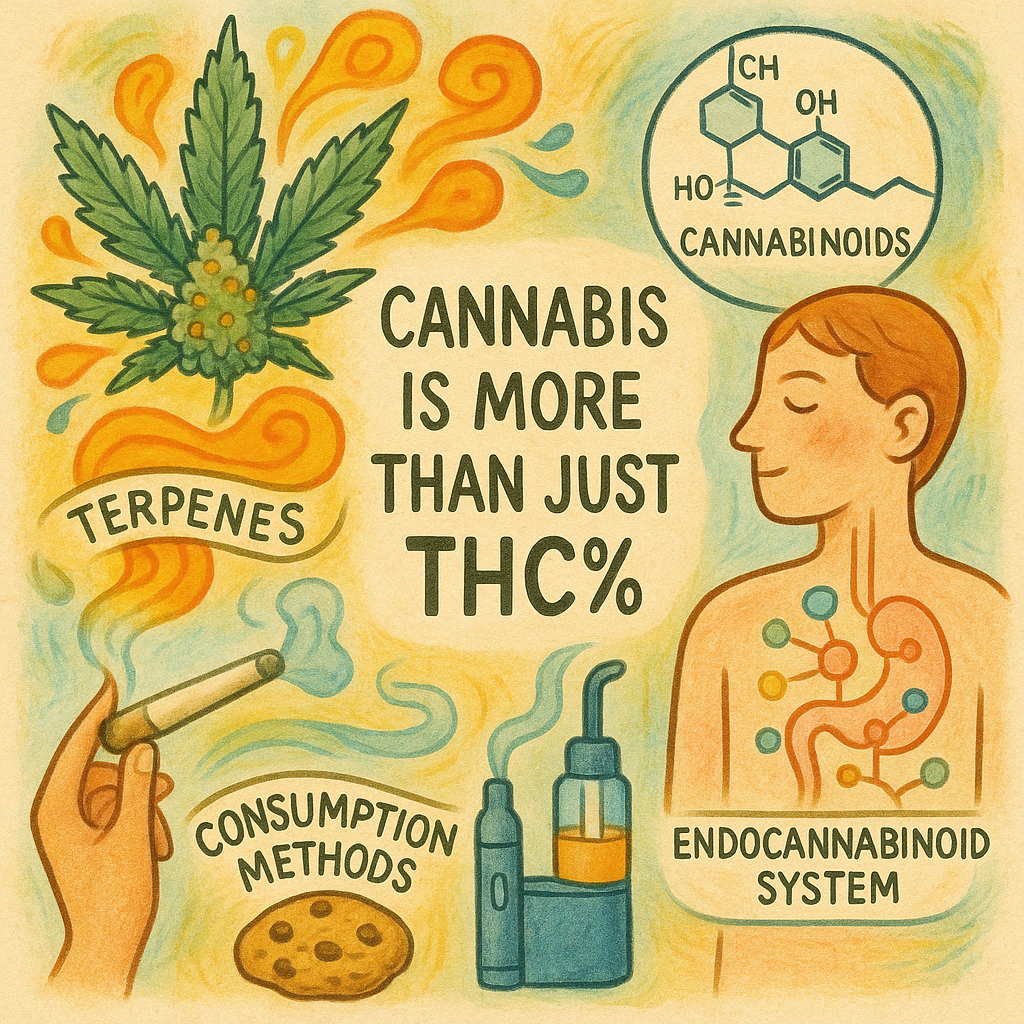
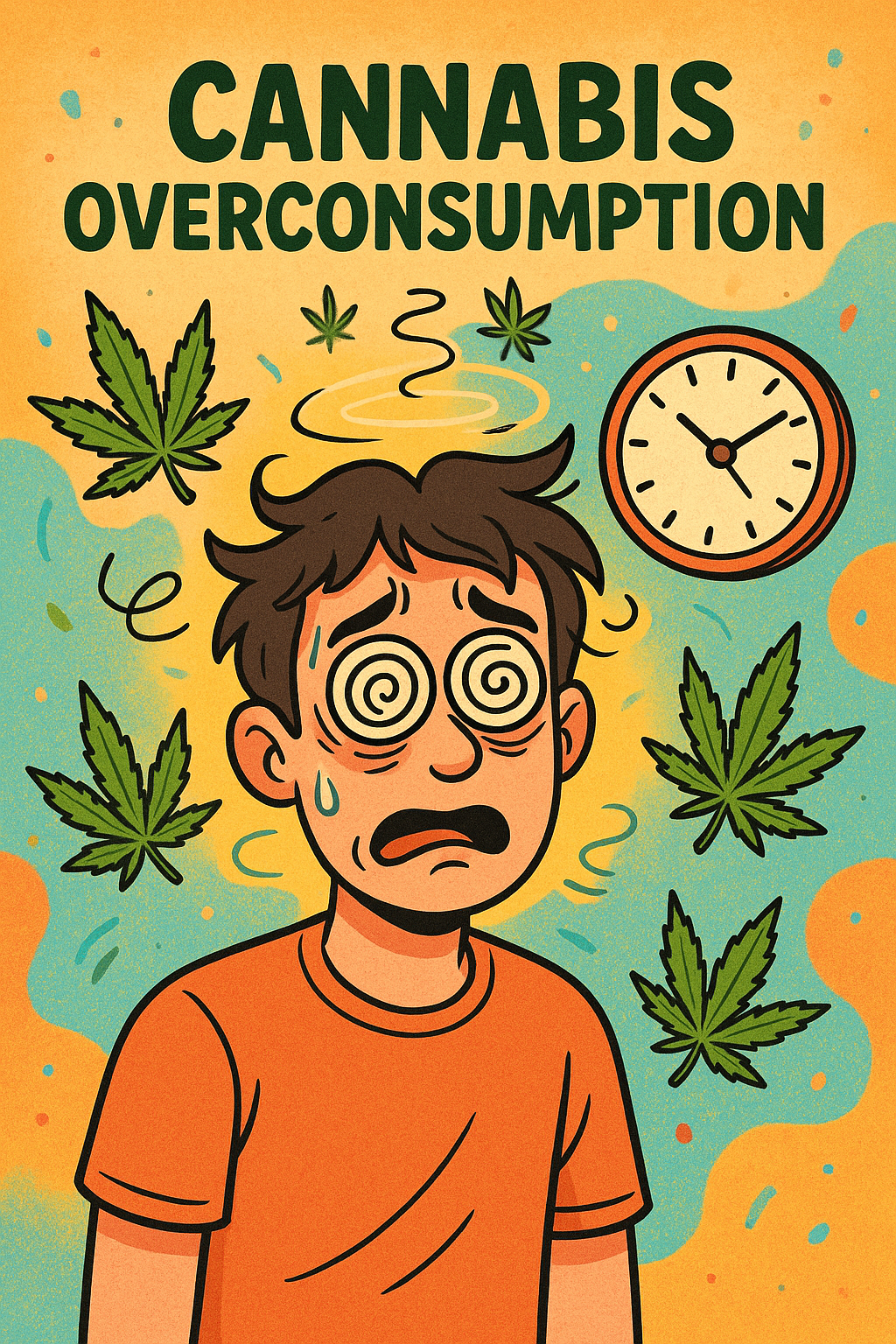
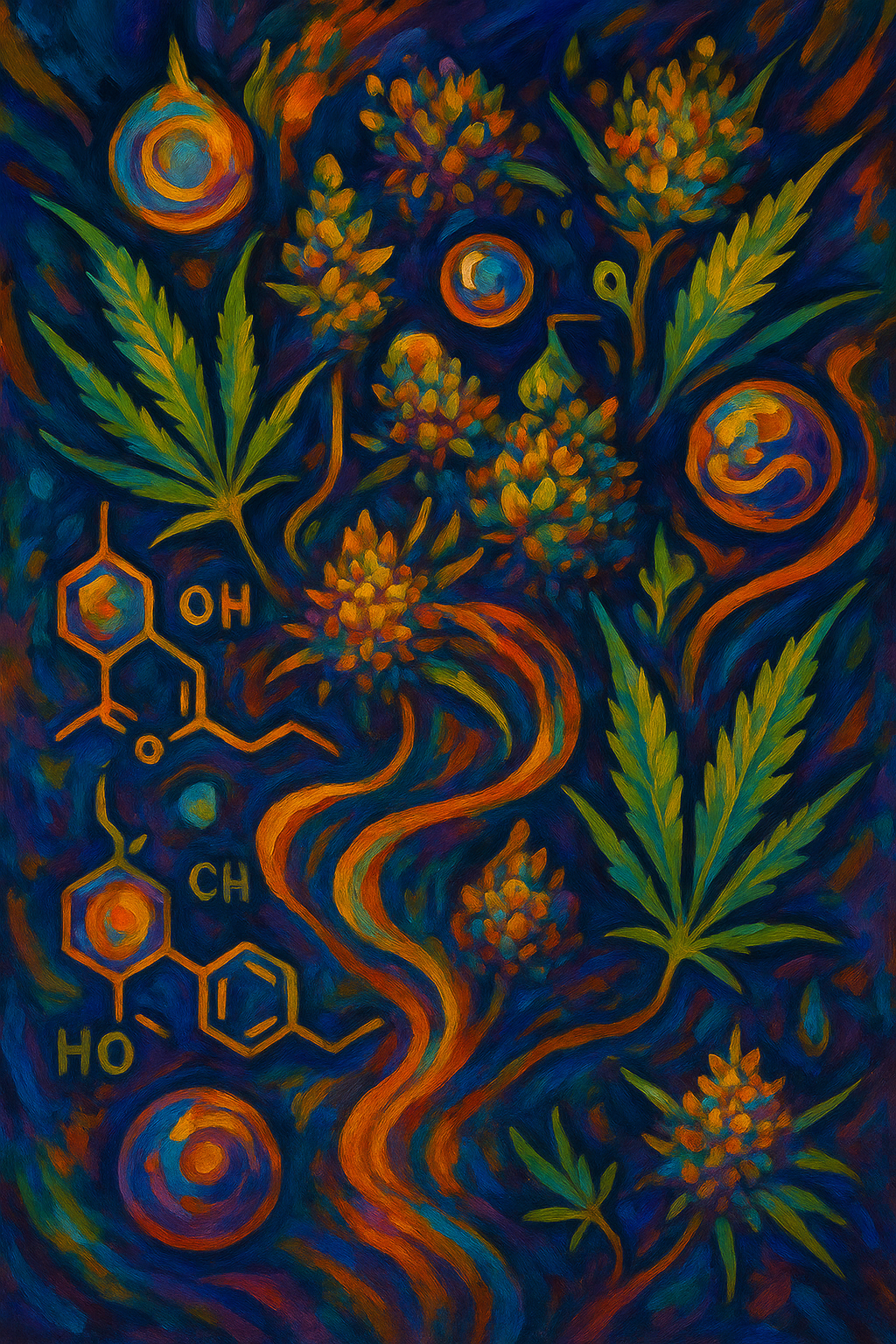
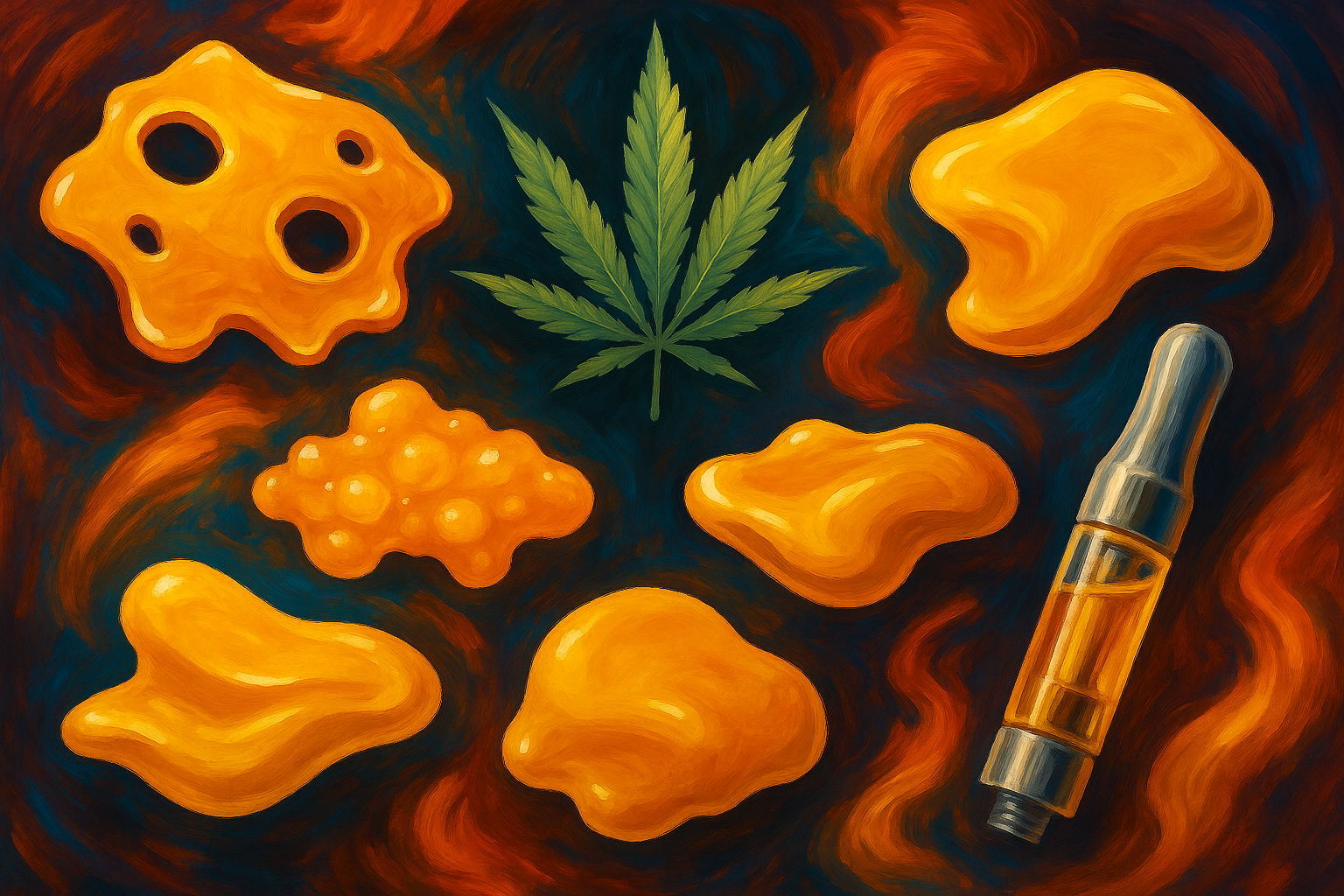
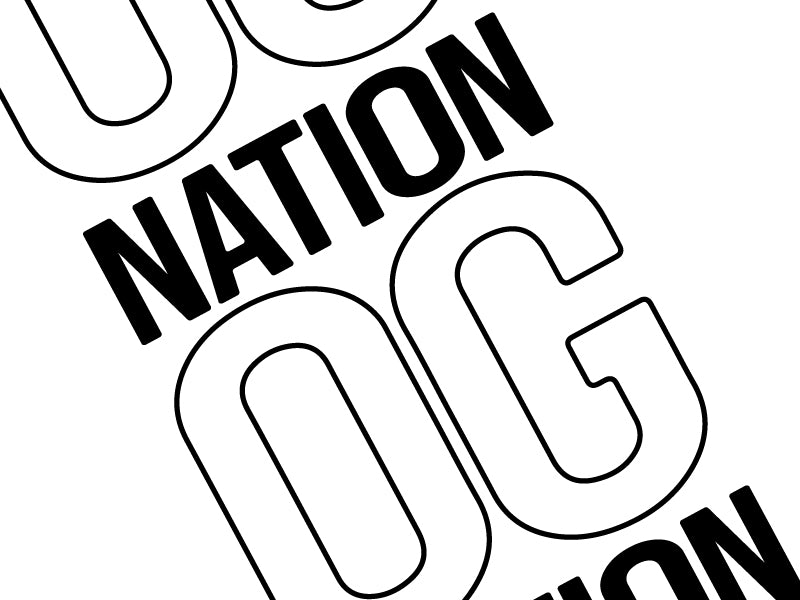
Leave a comment (all fields required)